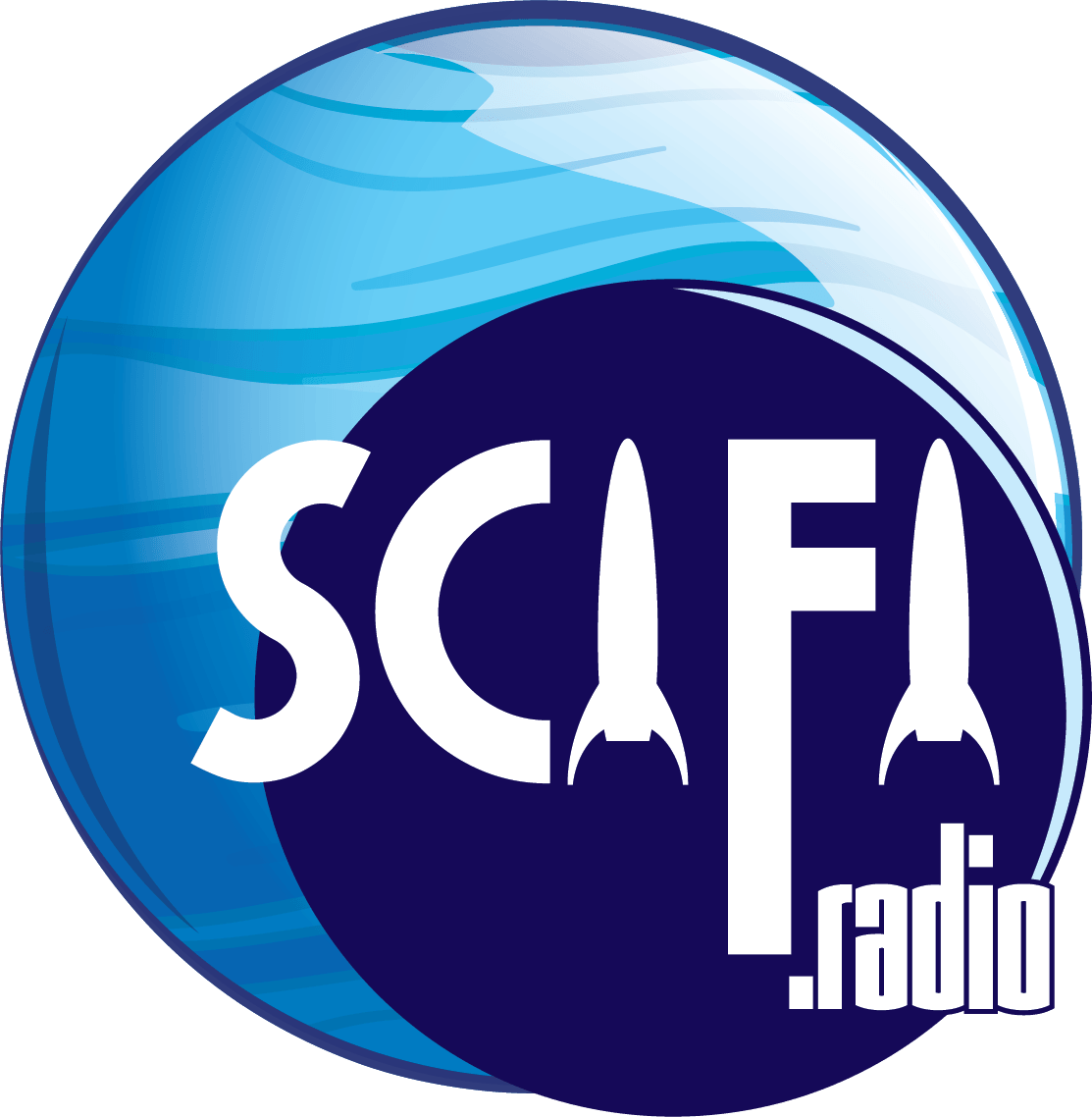Isaac Asimov, author of more than 500 books, both fiction and nonfiction, was at one point a member of a military research organization called GLIPAR (Guide Line Identification Program for Antimissile Research), and it encouraged the contractors to think outside the box for ways to expand of improve our defense technology. He left the project, citing the need to keep his creative work untainted by the restrictions that having access to classified information would place on him.
In 1959, Dr. Arthur Obermayer, a chemist, was working for an MIT spin-off company called Allied Research Associates. The U.S. government Advanced Research Projects Agency had contracted the company to “elicit the most creative approaches possible for a ballistic missile defense system.”
Obermayer writes, “When I first became involved in the project, I suggested that Isaac Asimov, who was a good friend of mine, would be an appropriate person to participate. He expressed his willingness and came to a few meetings. He eventually decided not to continue, because he did not want to have access to any secret classified information; it would limit his freedom of expression.”
Asimov’s single formal contribution to the project was an essay on creativity, which was never published, nor distributed beyond the members of the work group at Allied Research Associates. Obermayer continues, “When I recently rediscovered it while cleaning out some old files, I recognized that its contents are as broadly relevant today as when he wrote it. It describes not only the creative process and the nature of creative people but also the kind of environment that promotes creativity.”
The 1,643-word essay, entitled On Creativity is now published on the MIT Technology Review website, with the permission of Asimov Holdings. Although Asimov is clearly writing for the specific circumstance of the GLIPAR project — he outlines ways in which creativity can be encouraged and stimulated, as well as ways in which it can be quashed, and he lays out some specifics on how to create a working environment that removes impediments to creative output – his principles apply just as well today, and in many other applications. In the essay, Asimov writes:
“A person willing to fly in the face of reason, authority, and common sense must be a person of considerable self-assurance. Since he occurs only rarely, he must seem eccentric (in at least that respect) to the rest of us. A person eccentric in one respect is often eccentric in others.
Consequently, the person who is most likely to get new ideas is a person of good background in the field of interest and one who is unconventional in his habits. (To be a crackpot is not, however, enough in itself.)”
It’s a genuine treat for Asimov fans to get a new morsel of writing from Asimov, some 22 years after his death. It’s fun to imagine that perhaps Asimov planned the whole thing like Hari Seldon, preparing us for a crisis which will take creativity to solve.
-30-
SCIFI.radio is listener supported sci-fi geek culture radio, and operates almost exclusively via the generous contributions of our fans via our Patreon campaign. If you like, you can also use our tip jar and send us a little something to help support the many fine creatives that make this station possible.










